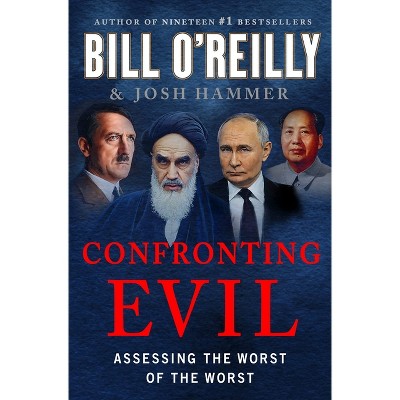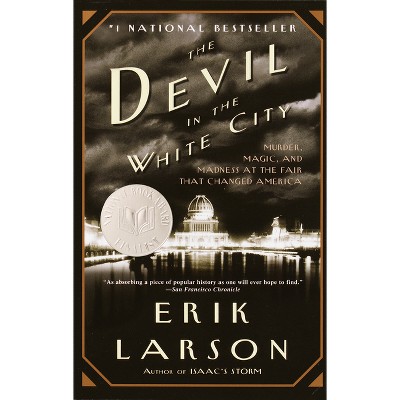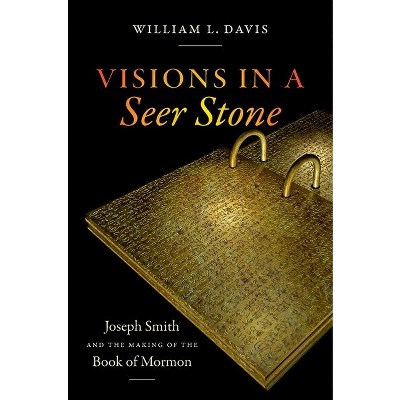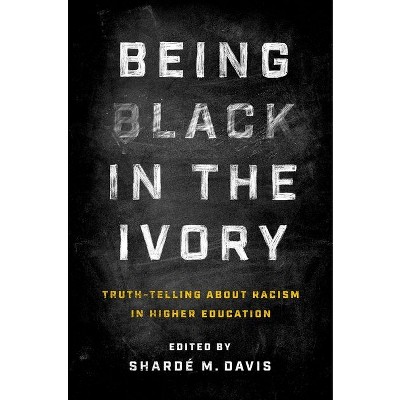About this item
Highlights
- Challenging assumptions about the separation of high politics and everyday life, Belinda Davis uncovers the important influence of the broad civilian populace -- particularly poorer women -- on German domestic and even military policy during World War I.As Britain's wartime blockade of goods to Central Europe increasingly squeezed the German food supply, public protests led by "women of little means" broke out in the streets of Berlin and other German cities.
- About the Author: Belinda J. Davis is associate professor of history at Rutgers University.
- 368 Pages
- History, Europe
Description
About the Book
Home Fires Burning: Food, Politics, and Everyday Life in World War I BerlinBook Synopsis
Challenging assumptions about the separation of high politics and everyday life, Belinda Davis uncovers the important influence of the broad civilian populace -- particularly poorer women -- on German domestic and even military policy during World War I.As Britain's wartime blockade of goods to Central Europe increasingly squeezed the German food supply, public protests led by "women of little means" broke out in the streets of Berlin and other German cities. These "street scenes" riveted public attention and drew urban populations together across class lines to make formidable, apparently unified demands on the German state. Imperial authorities responded in unprecedented fashion in the interests of beleaguered consumers, interceding actively in food distribution and production. But officials' actions were far more effective in legitimating popular demands than in defending the state's right to rule. In the end, says Davis, this dynamic fundamentally reformulated relations between state and society and contributed to the state's downfall in 1918. Shedding new light on the Wilhelmine government, German subjects' role as political actors, and the influence of the war on the home front on the Weimar state and society, Home Fires Burning helps rewrite the political history of World War I Germany.
Review Quotes
[Davis] opens up our understanding of women's agency and influence--and political agency more broadly--to give us a story that has not yet been told.
"Women's Review of Books"
"A valuable contribution to our understanding of World War I .
"Journal of Interdisciplinary History"
ÝDavis¨ opens up our understanding of women's agency and influence--and political agency more broadly--to give us a story that has not yet been told.
"Women's Review of Books"
Focusing on female agency, Davis transforms traditional views of the interaction between state and society.
Bonnie S. Anderson, author of "Joyous Greetings: The First International Women's Movement"
"""A valuable contribution to our understanding of World War I .
"Journal of Interdisciplinary History""
"Focusing on female agency, Davis transforms traditional views of the interaction between state and society.
Bonnie S. Anderson, author of "Joyous Greetings: The First International Women's Movement""
Davis's sensitivity both to the material and symbolic dimensions of these women's life-world makes this a rich and rewarding study.
"American Historical Review"
This welcome book provides much food for thought.
"Choice"
About the Author
Belinda J. Davis is associate professor of history at Rutgers University.Shipping details
Return details
Trending History












